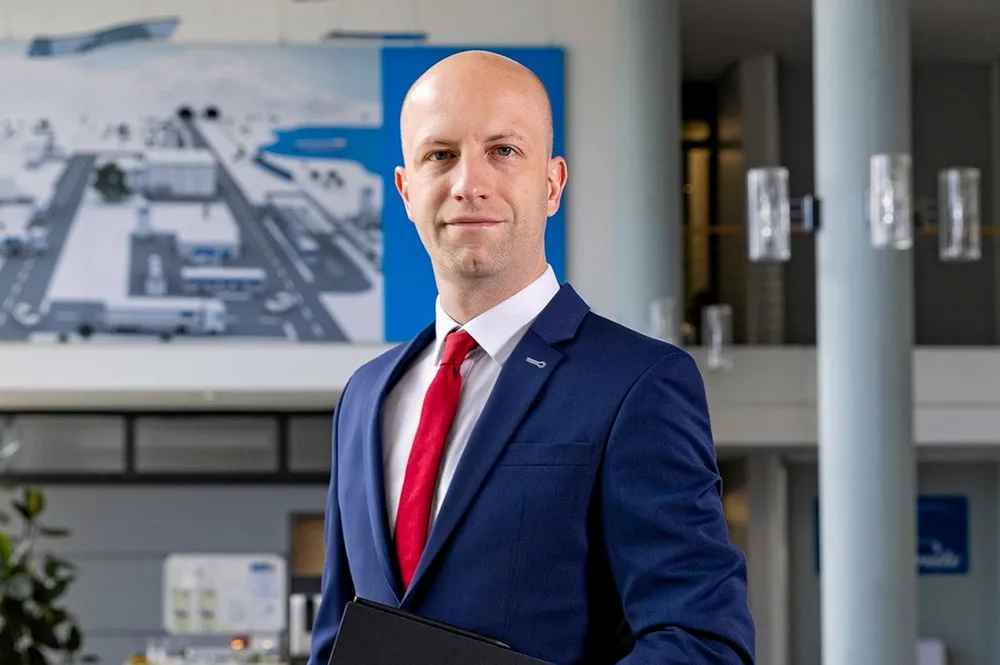'Unacceptable performance' | ITM unveils new strategy, with staff cuts, exit from hydrogen refuelling — and biggest ever electrolyser order
UK manufacturer reveals record 200MW PEM electrolyser sale, a new 'professionalisation', and details of its 'unacceptable financial performance'
